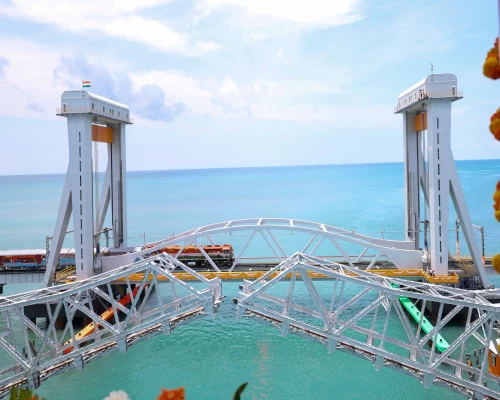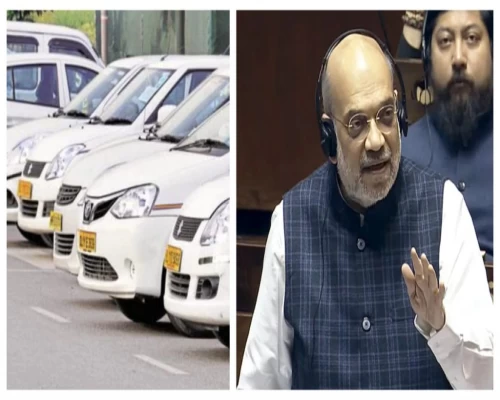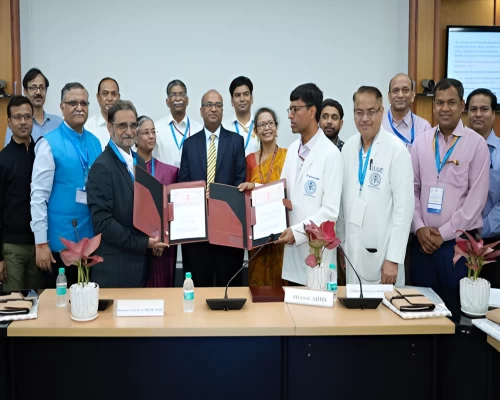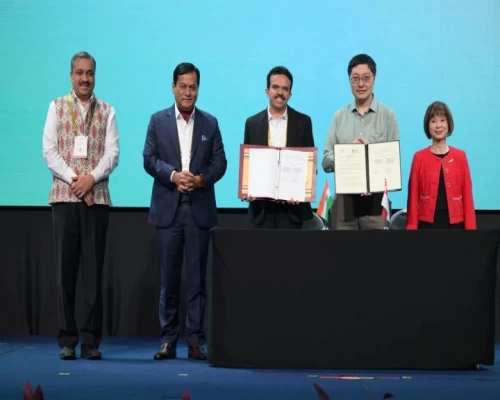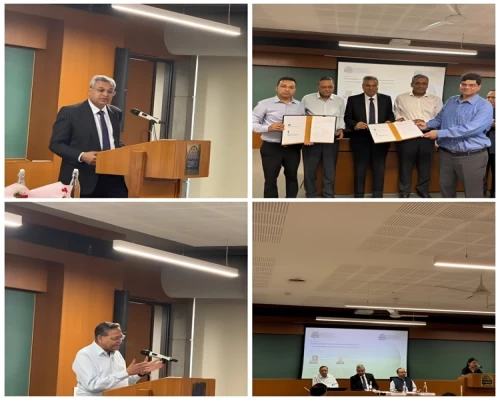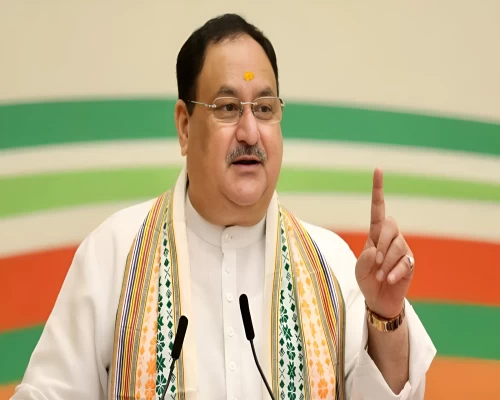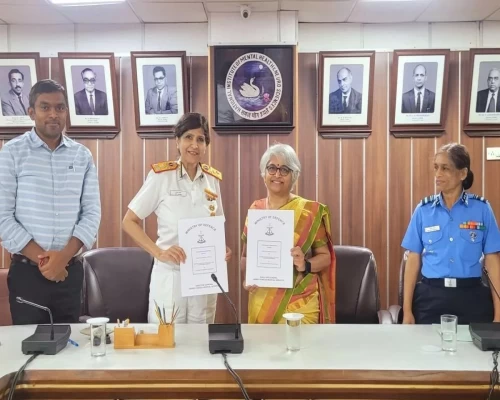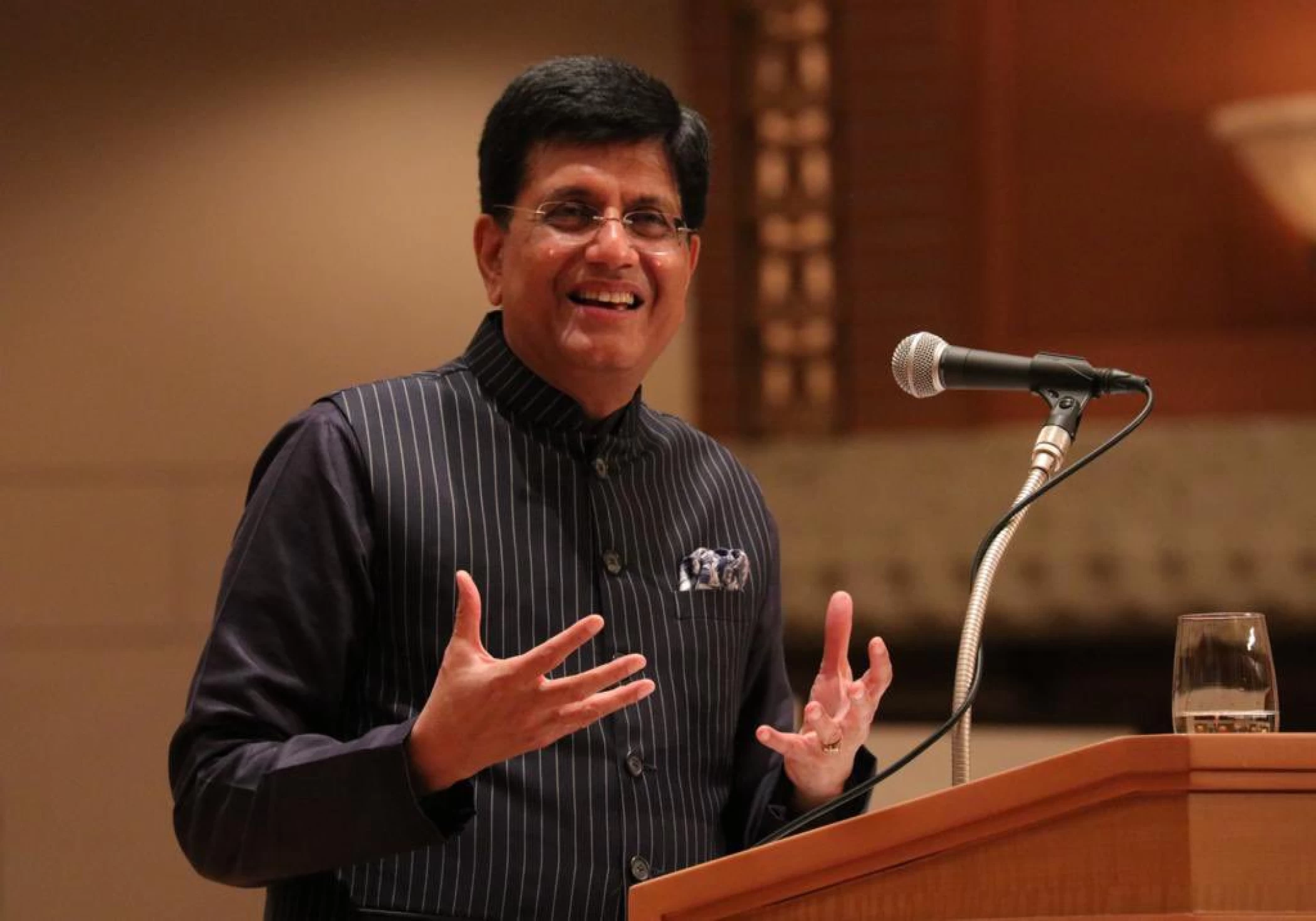
New Delhi: States and the private sector must develop action plans for improved logistics business to attract investments, according to Union Minister of Commerce and Industry Piyush Goyal. Speaking at the release of the “Logistics Ease Across Different States (LEADS) 2024” report in New Delhi, Goyal also called for the development of regional and city-level logistics plans to enhance last-mile connectivity. The event also marked the felicitation of the “Logistics Excellence, Advancement, and Performance Shield (LEAPS) 2024” awards.
Goyal highlighted the importance of implementing measures to promote green logistics, workforce inclusivity, and facilitating Central Government projects. He stressed the need for adopting advanced technologies such as artificial intelligence, machine learning, and data analytics to propel the logistics sector towards greater success. Skill development, he said, would also play a critical role in strengthening the sector.
He urged for greater gender inclusivity and encouraged states to leverage public-private partnerships in the logistics sector to achieve better outcomes. Advocating for multi-modal hubs for inland container depots, Goyal advised states to make land available through a transparent bidding process to reduce costs and ensure efficiency.
Goyal proposed the adoption of the LEAD framework—longevity, efficiency and effectiveness, accessibility and accountability, and digitalisation—to transform the logistics sector and prepare India for its vision of becoming a developed nation by 2047.
During the event, Goyal commended the LEADS report’s role in offering actionable insights to states and union territories to advance logistics reforms. He acknowledged the collaborative efforts of all stakeholders in making logistics a critical driver of India’s economic growth and emphasised the need for exponential growth in the sector to support rapid national progress.
The LEADS 2024 report evaluates logistics performance across four key areas: logistics infrastructure, logistics services, operating and regulatory environment, and the newly introduced sustainable logistics. It highlights initiatives by states and union territories across these areas and identifies region-specific opportunities to aid informed decision-making.
The performance of various regions in the report includes achievers and aspirers in the coastal, landlocked, and north-eastern groups, along with union territories. The assessment has been enhanced by incorporating more objective indicators, such as accessibility to terminals and the speed of key road corridors.
The event also featured the Logistics Excellence, Advancement, and Performance Shield (LEAPS 2024) awards, which recognised exceptional contributions to the logistics sector. Awardees included organisations excelling in core logistics services, MSMEs, startups, and institutions focusing on education and skill development in logistics. Special awards were also given for logistics service delivery in e-commerce and multi-modal logistics.
The minister launched the PM GatiShakti course, a 15-hour programme on “PM GatiShakti Concept for Efficient Infrastructure Planning and National Development,” hosted on the iGOT Karmayogi platform and UGC SWAYAM portal. It will also be integrated into the curricula of Central Training Institutes and State Administrative Training Institutes across the country.
Piyush Goyal, along with Jitin Prasada and Amardeep Singh Bhatia, also unveiled the Logistics Cost Framework report prepared by NCAER. This framework, developed by a task force including representatives from NITI Aayog, central transport ministries, and industry stakeholders, introduces a hybrid methodology for estimating logistics costs using EXIM and domestic cargo data.
These initiatives by the Department for Promotion of Industry and Internal Trade aim to strengthen India’s logistics ecosystem by fostering competitive federalism and recognising innovation. They are expected to contribute to India’s vision of becoming a $32 trillion economy by 2047 through a more efficient, sustainable, and globally competitive logistics sector.
BI Bureau



